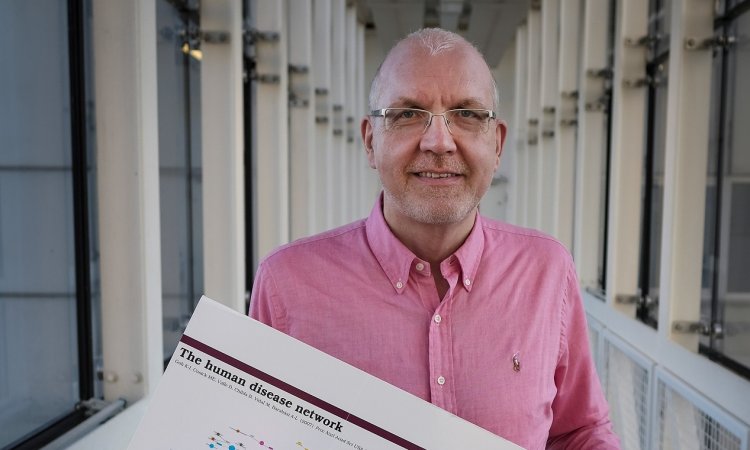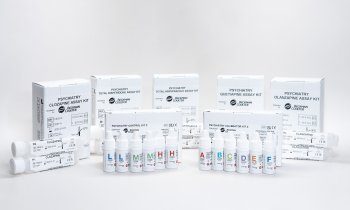The source of medication errors
US- researchers found that inpatients experience an average of nearly one and a half potentially harmful errors in their medication record during a hospital stay. They started the search for the causes: admission and discharging are the most dangerous situations.

Inpatient medication reconciliation is the process of identifying the most accurate list of all medications a patient is taking and using the list to provide correct medications for the patient. In 2005 the Joint Commission made inpatient medication reconciliation a National Patient Safety Goal, focusing attention on the issue of errors in inpatient medication records as they move in and out of the hospital.
Unique from previous research, the recent study from researchers at Brigham and Women's Hospital (BWH) and Massachusetts General Hospital goes on to uncover the frequency of different kinds of errors, at what point during the process they most often occur, and factors that place a patient at risk for having these errors occur. These findings appear in the September 2008 issue of the Journal of General Internal Medicine.
Seventy two percent of potentially harmful discrepancies are due to errors in taking patients' medication history, while only twenty six percent occur while reconciling medication history with discharge orders. Also, the majority of discrepancies are due to the omission of medications, which account for more errors than incorrect reports of dosage, frequency, substitutions, and the addition of medications combined.
"This information can help guide hospitals in determining where to focus their efforts for addressing this problem," said Jeffrey Schnipper, MPH senior author and Hospitalist at BWH, who also notes that some hospitals are now assigning pharmacists to take inpatients' medication histories at admission.
Though the majority of errors occur at the time of admission, the potential to cause harm generally occurs at discharge. At discharge patients can be sent home without necessary medications, with additional unnecessary medications, or on the wrong doses. "Medication discrepancies at discharge are especially dangerous because patients are no longer being monitored consistently and may not recognize signs of medication problems on their own," Schnipper said.
Researchers also uncovered several predictors that can help professionals identify inpatients that are at higher risk for discrepancies in their medication records. Indicators of a higher risk inpatient include those with six or more medication changes during hospitalization; minimal understanding of preadmission medications; a caregiver providing medication information; thirteen or more outpatient visits during the previous year; an admission history taken by an intern; or four or more high-risk medications prescribed prior to admission.
"With patients today on more medications than in days past, the stakes are higher than ever before," Schnipper says of reconciling medication. "Knowing when and where to look for discrepancies will help hospitals prevent errors that could cause harm to patients."
The research was funded by internal support from Brigham and Women's Hospital, Massachusetts General Hospital, and Partners Healthcare, and by an investigator-initiated grant from the Harvard Risk Management Foundation.
This article is adapted from the original press release.
Brigham and Women's Hospital (BWH)
BWH is a 777-bed nonprofit teaching affiliate of Harvard Medical School and a founding member of Partners HealthCare, an integrated health care delivery network. In July of 2008, the hospital opened the Carl J. and Ruth Shapiro Cardiovascular Center, the most advanced center of its kind. BWH is committed to excellence in patient care with expertise in virtually every specialty of medicine and surgery. The BWH medical preeminence dates back to 1832, and today that rich history in clinical care is coupled with its national leadership in quality improvement and patient safety initiatives and its dedication to educating and training the next generation of health care professionals. Through investigation and discovery conducted at its Biomedical Research Institute (BRI), BWH is an international leader in basic, clinical and translational research on human diseases, involving more than 860 physician-investigators and renowned biomedical scientists and faculty supported by more than $416 M in funding. BWH is also home to major landmark epidemiologic population studies, including the Nurses' and Physicians' Health Studies and the Women's Health Initiative.
26.08.2008










